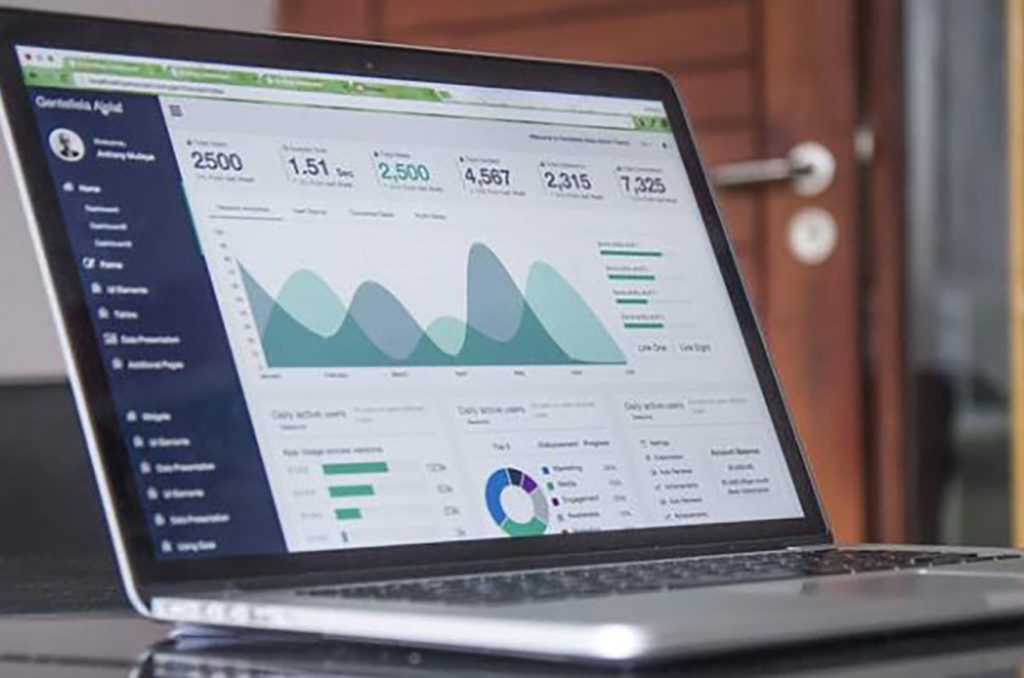The PRClub is thrilled to welcome Katie Paine, a pioneer in the field of communications measurement, and Chris Penn, a digital and marketing technology expert, for a can’t-miss program entitled, “Becoming a Data-Informed PR Superhero,” Tuesday, February 5 at 6 pm.
In advance of the session, we asked Chris some questions regarding why program measurement and analytics matter more than ever, and how communications professionals can best position themselves to deliver value in today’s data-driven environment.
Our industry is hearing a lot these days about the importance of measurement and data. What’s driving that?
Fundamentally, measurement equals money. The old adage, “you can’t manage what you can’t measure” is more true than ever. Communications professionals simply won’t get budget for things that don’t demonstrate tangible results.
In today’s data-centric world, marketing executives are increasingly less willing to dedicate budget to program strategies if they can’t assess the specific business value those programs will have. The challenge in the public relations industry has long been to prove the value of our work, for instance, things like earned media. That’s a big part of the reason PR has often been the “red-headed step child” in many organizations, since it was easier for other marketing disciplines to tangibly measure the value they delivered.
We’ve been in a sustained bull market over the past 9 or 10 years and PR leaders haven’t had to navigate a systemic economic downturn. But when that tide turns, as it inevitably will, any program activities that don’t have specific metrics and results attached will be the first ones to get shelved.
Anyone in-house or on the agency side who can deliver reliable measurement and data-driven insights will likely get more budget and also have opportunities to make a greater organizational impact by capitalizing on synergies between marketing channels to deliver business value.
How should organizations take advantage of the data at their disposal?
There’s a very well documented process for how to tackle this. First, communications teams need a solid data foundation. This means understanding the data they have. Next is having confidence in their data’s condition — in other words, is it clean? Is it comprehensive? Do they even have access to it?
We then must be able to confidently answer questions and share insights based on data: what happened when we did a certain thing, and why? And lastly, build a data-driven strategy that allows a communicator to know what happened, why, and what are we going to do about it? Sophisticated marketing teams then layer on artificial intelligence and machine learning to make these analyses even smarter and more automated.
All of this requires the PR industry to demonstrate quantitative and data science skills that, frankly, a lot of today’s communications people don’t have.
The free Google Analytics Academy course will give marketers and communicators a great starting point for learning some of the quantitative skills with the most-used analytics tool in the world.
What are some of the must-have data and analytics tools that every comms person should be familiar with?
Every communications pro should be proficient with some sort of media and social monitoring tool. There are a lot of them out there; I like TalkWalker. Communications pros also need access to web analytics through a tool such as Google Analytics to deliver statistics on page views and unique visitors, and measure progress over time of how much traffic increases thanks to effective marketing. Lastly, marketing automation software like HubSpot or Marketo automates repetitive tasks like email marketing, social media and other website actions that deliver highly personalized, valuable content to prospects that helps convert them to customers.
Used in concert, all these tools provide a solid picture of the awareness your company’s marketing program is driving, as well as serving up data that tells you the potential impact a program could have.
What do you hope some key takeaways will be from the session?
I’m excited about the conversation Katie and I will be having, and hope attendees will leave with an understanding of the necessity of having a solid data foundation in place to effectively measure the impact of their marketing program, as well as some initial steps they can immediately put in place to show value.
Click HERE to register for our “Becoming a Data-Informed PR Superhero” program.




